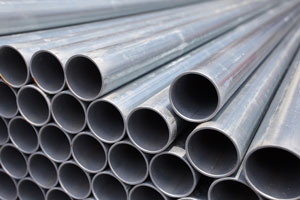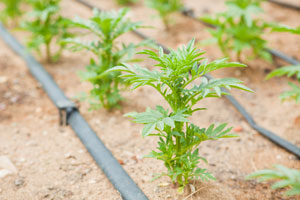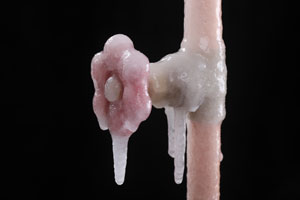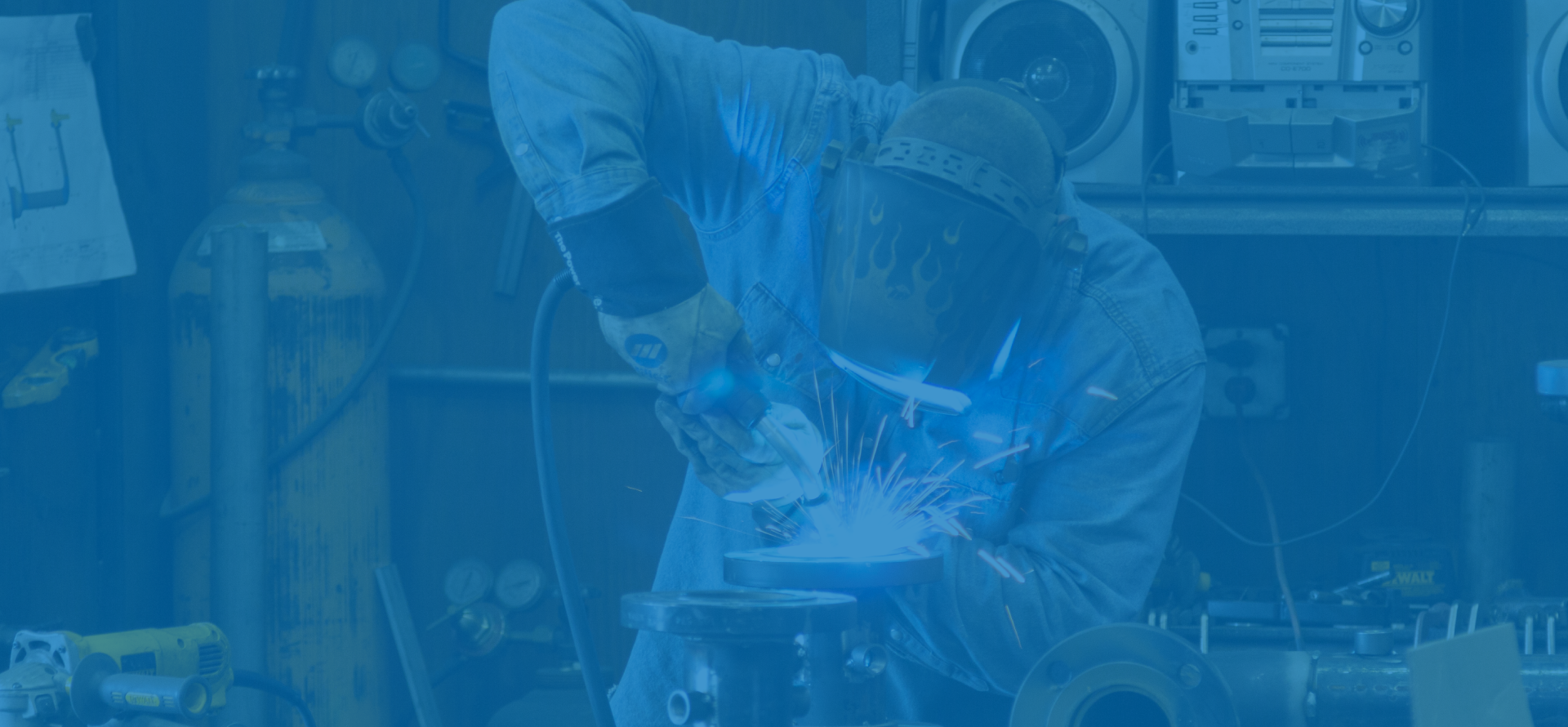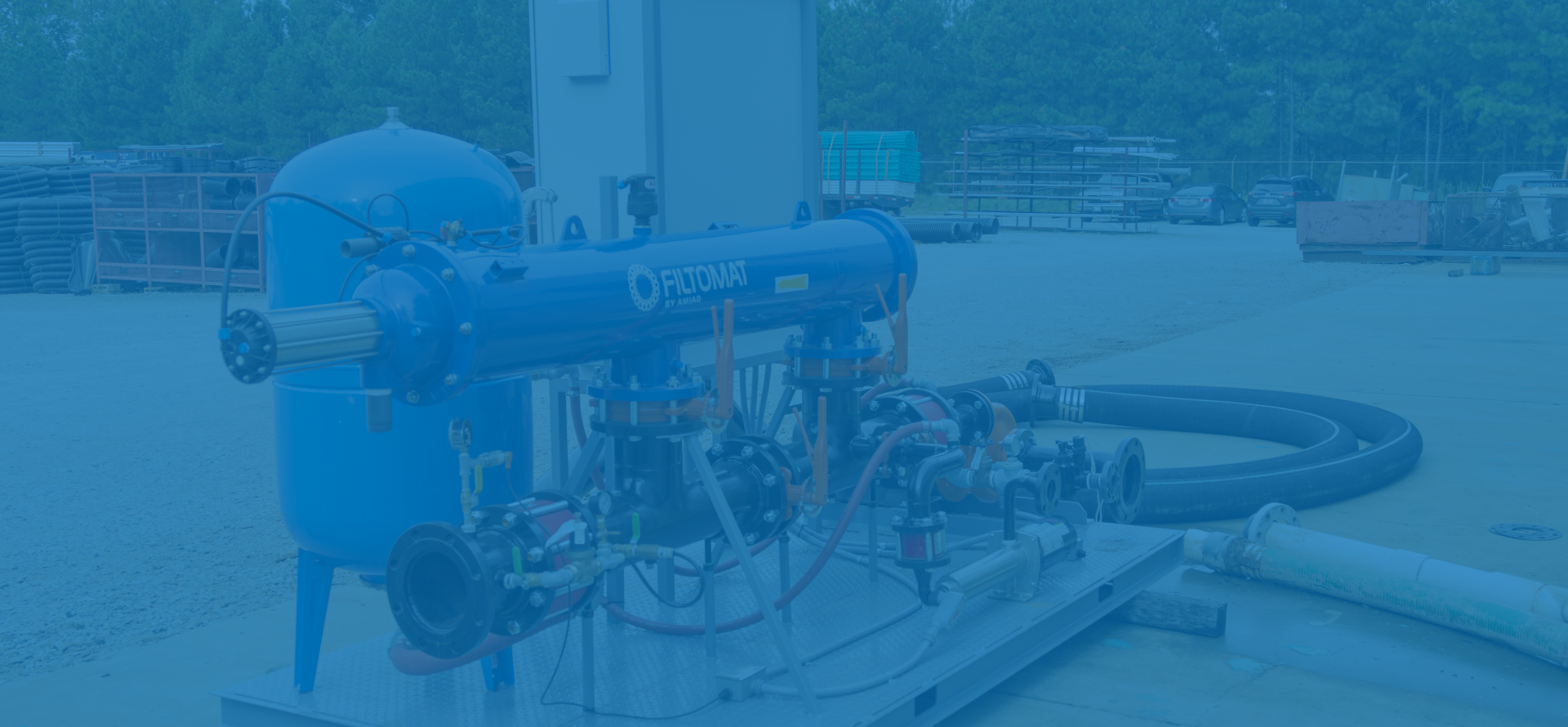Possible causes for a common water feature problem.
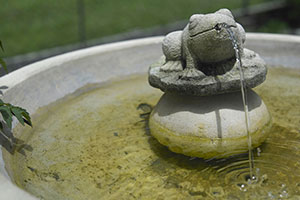
Outdoor water fixtures can be beautiful decorations for the home, helping to make the backyard feel welcoming. When those fixtures fail to work properly, such as by making a “spitting” sound when running, it can be disappointing and frustrating. We understand that customers want to keep their water fixtures running smoothly, but if they aren’t, here are a few possible causes for your fixture’s odd noises:
Sucking up air
The most common reason for the feature to be making a “spitting” noise is that the pump is sucking up air as well as water. It is the air running through the system that causes the odd sound and the spray pattern. You then need to carefully evaluate the following two potential causes of the pump sucking up air:
- The water supply has gotten too low
- The pipe or pump has a crack in it
Both of these possible causes should be carefully investigated.
It is possible that the available water has simply gotten below the pump’s level. This results in the pump bringing up some of the air while it also tries to pump up the water. If this is the cause, then you need to replenish your water supply to correct it. You should note that some custom fountains require their pipes to be primed before it can be turned back on. You should always verify with us the proper care for your outdoor water fixture before attempting repairs.
Cracks in the pipe or pump
Air can also get into the pump through a crack in the pipe or pump. This can occur for a variety of reasons, although ice in the winter is a possible culprit. We generally recommend that our customers prepare for winter by completely draining outdoor water fixtures and covering them before any freezing temperatures. This will prevent the ice from causing damage. Without draining the fixture, the water can freeze within the pipes and cause blockages and cracks.
Poor regular maintenance for the fixture and accidental damage can also cause cracks and related problems. If your pipes have been cracked, it is best for professionals to come and determine if they can be repaired or if they need to be replaced.
It is our goal for each of our customers to have beautiful water fixtures that they can enjoy. If your fixture is giving your problems related to spitting water, we recommend that you review the above ideas and see if one of these situations could possibly explain your difficulties. If you have any questions or need a repair, please contact WP Law, Inc for a consultation.


